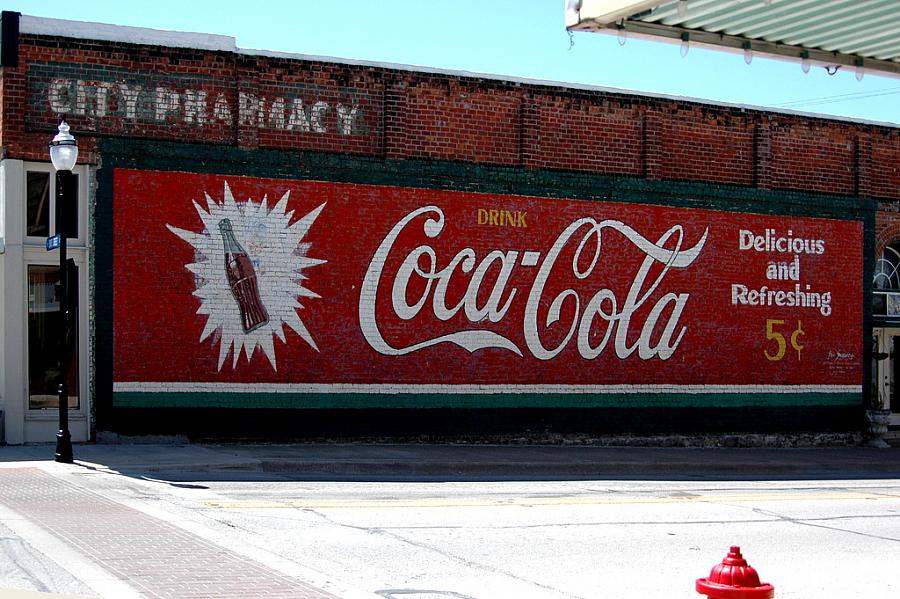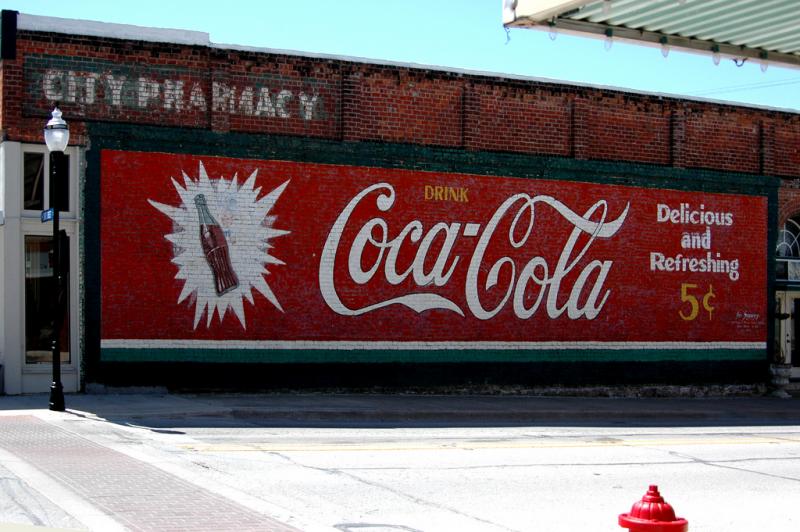Big Gulps For Little Leagues: Should Coca-Cola Feel Guilty For Funding Youth Sports?

 How culpable is an international food conglomerate for the waistlines of kids in your neighborhood?
How culpable is an international food conglomerate for the waistlines of kids in your neighborhood?
That thought kept coming to me when reading Julie Deardorff's well-reported and clear-headed series of posts at the Chicago Tribune about the relationship between soft drink makers (and other food companies) with youth sports and wellness initiatives. One of Deardorff's posts focused on a study showing that young athletes may be more likely to eat junk food.
Why? In part, the researchers blame the marketing associated with sponsorship of youth sports by companies such as Coca-Cola. Toben Nelson, the study's lead author and an assistant professor at the University of Minnesota School of Public Health, told Deardorff:
Youth sport organizations are eager to partner with these companies because they provide funding for things like uniforms, other equipment and practice facilities, which keeps entry costs down for families. It's win-win..., except of course for the health of the kids and families.
This prompted a response from a Coca-Cola executive, Kevin Morris, vice president of public affairs and communications. Morris wrote:
To set the record straight, Coca-Cola does not market our beverage brands in venues where children under the age of 12 years are the primary audience. Coke has adhered to this policy for more than 50 years, and it extends to youth sporting events and clubs.
Notice the word choice here. Morris does not say that Coca-Cola does not market its beverages to children under the age of 12. Nor could it accurately make that claim. Not with an ad campaign featuring animated polar bears more adorable than anything Disney might imagine. And not with hundreds of toys branded with the Coca-Cola logo, as Yoni Freedhoff at Weighty Matters has pointed out.
Instead, Morris carefully narrows the scope of this marketing ban to venues "where children under the age of 12 years are the primary audience." Would that include a soccer game of 6 year olds where there was two parents and one grandparent for every child, yielding a rough percentage of 75% adults in the venue, excluding coaching staff and talent scouts?
I was surprised to see any response from Coca-Cola.
First, there are real dangers in engaging in a debate like this from a defensive posture. The cute polar bears fit nicely in a sentence with Spuds MacKenzie, Joe Camel and other attempts to sell unhealthy choices to young people. Coca-Cola is building playgrounds for kids! Shouldn't the company just let the kids enjoy the playgrounds and let the critics grumble? Maybe it could tell a few teachers they don't have to make their kids write thank you letters, because that seems to make the critics especially grumbly.
Second, Deardorff has done a thorough job giving Coca-Cola and its peers their due, describing their efforts to fund wellness campaigns and build playgrounds. Deardorff and the Tribune are not the company's enemy, so why pick a fight with them? (Having worked for the Tribune Co., I can say with confidence that it has much more spine than the folks over at Slate, who recently crumpled at the distant sound of lawyers unbuckling their briefcases.)
Third, the main finding of the study in question is that more study is required. This was not a randomized, controlled trial measuring the behaviors of young athletes versus non-athletes. Instead, it was a review of existing research. It's a valuable contribution to the field, to be sure, but it found very little that was definitive. It says, for example, "It is unclear from these results whether sports programs, as currently offered, protect youth from becoming overweight or obese. Additional research may foster understanding about how sport, and youth sport settings, can help promote energy balance and healthy body weight." I raised the question before in writing about Burger King last year: are ad campaigns to blame for people's personal choices, for themselves and for their kids? This study does not answer that question.
A better letter for Coca-Cola to write would have been to the company's local distributor, which, in the context of the company's alleged under-12 marketing ban, does not appear to be doing the Mothership any favors. When Deardorff told Toben about Morris' letter, Toben sent a picture of a Coca-Cola logo on a youth sports registration sign in St. Paul, Minn., that appears to answer the question she posed in her follow-up post: Does Coke market to kids?
The sign, I am betting, did not come from Coca-Cola corporate but from the local distributor of Coca-Cola products, Midwest Coca-Cola Bottling Company, which has an arrangement that requires anyone who uses St. Paul's parks for private events to "only serve Coca-Cola products". And that brings me to an idea for an investigation I'm hoping a few intrepid reporters will take up.
Next: How can local journalists find the link between youth sports and fatty foods?
Related Posts:
If Coca-Cola Doesn't Market to Kids, Why Do They Sell Toys?
Photo credit: anyjazz65 via Flickr

